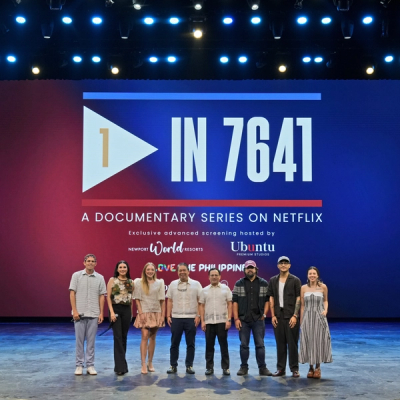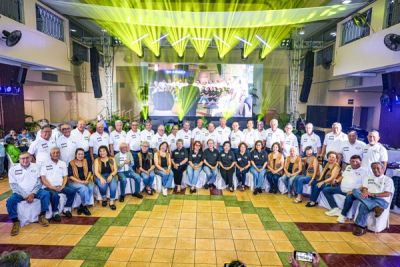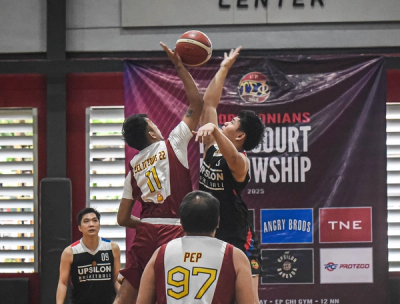Campus
Unbound: Two Journeys Toward Public Service
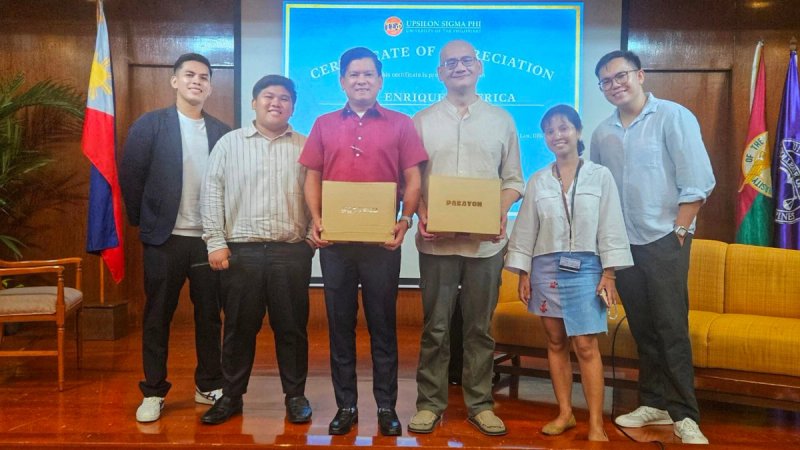
On a clear Tuesday afternoon, November 18, students filed into the Malcolm Hall Theater for Unbound: Careers That Break Barriers. The event, hosted by the UP College of Law, presented two speakers who had spent years working with the public in mind.
Earl Santos 2025 opened the program. He welcomed the audience as young professionals preparing to enter fields where human rights and public service matter, and thanked the partners who helped make the event possible. He acknowledged the effort it took to attend amid final requirements: “It means a lot that you are here,” he told the audience. He then turned the floor over to co-head June Asok 2024. Asok explained that the purpose of the event was simple: to let students hear from people who had already built careers in social justice and to show how such paths form: slowly, through choices that add up over time.
The first to speak was Jose Enrique “Sonny” Africa, Executive Director of IBON Foundation, an independent non-government organization responsible for providing research, information, and education services to people’s movements in the Philippines and abroad. Known for its research on inequality and development, IBON began in the late 1970s with a handful of volunteers working out of borrowed space. Mr. Africa turned back the clock to explain how IBON evolved from handling only a handful of cases with a small crew, mostly volunteers, to having a presence across the nation and networks beyond the country’s borders. He summarized his career journey by saying that as long as people share a passion for helping others, the work will get done.
“Ideas don't change the world. Ideas embraced by the people change the world,” he said.
The second speaker was Atty. Kris Ablan ’00, a member of the fraternity and a long-time public servant. He looked back on his career in government, moving from one office to another, and described the lessons he learned along the way. He spoke about how social justice runs through much of human rights work, not as an abstract ideal but as a daily responsibility inside public institutions. Drawing on his experience as a lawyer, he explained that advancing equality and dignity is not limited to the legal field. It can be done in any profession, he said, if one chooses to stand with marginalized groups and confront the inequalities built into systems and policies.
The open forum brought the room to life. Students asked about bureaucracy, purpose, burnout, and the way careers veer off course. Africa and Ablan answered without slogans. They urged the audience to keep learning, to find mentors, and to be patient with the long, uneven nature of public work.
The program ended with the giving of tokens and certificates to the two speakers. Afterward, the audience stepped out to the Malcolm Hall lobby, where the Resident Fellows had prepared food and drinks. The event closed on that note—simple, direct, and centered on the two careers that framed the afternoon’s discussion.
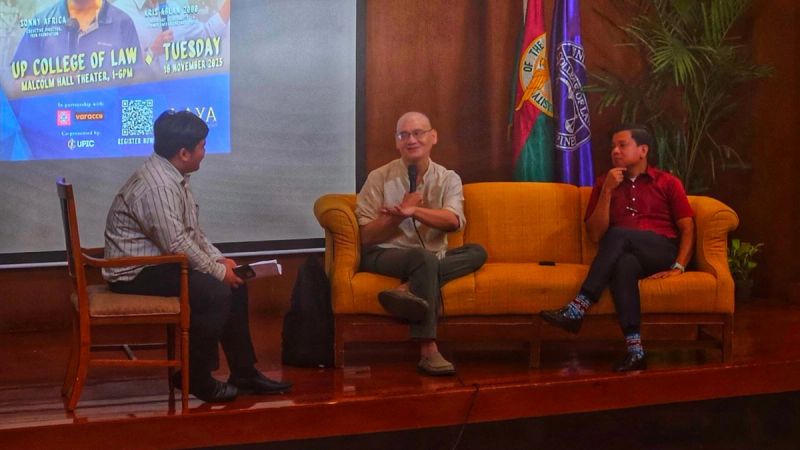
About the Author
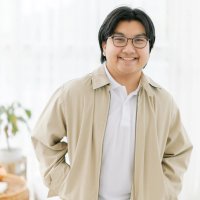
Brix Pilapil 2025
Brix Pilapil ’25 discovered his passion for storytelling early on and pursued it at the Ateneo de Manila University, where he earned a BFA in Creative Writing. He has interned at the House of Representatives’ Knowledge Management Systems Bureau and is currently taking his MA in Creative Writing at the UP College of Arts and Letters.
